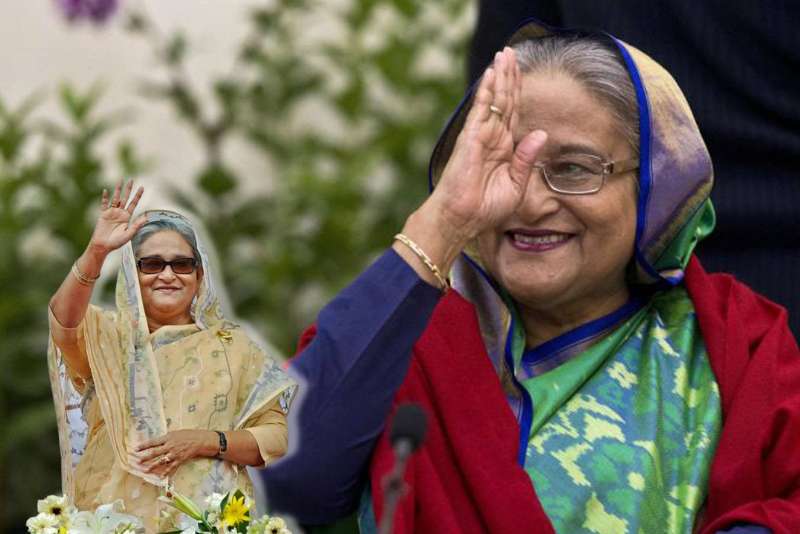
Sheikh Hasina Flees Amid Escalating Protests
Gangtokian News Desk: On August 5, 2024, Sheikh Hasina, Bangladesh’s Prime Minister for the past 15 years, fled the country amid significant political unrest. This marks a pivotal moment in Bangladeshi history, with large-scale protests and civil disobedience sweeping across the nation.
The discontent has been brewing for months, particularly ignited by student protests against a controversial employment quota system that favored ‘freedom fighters’ and their families for government jobs. As these protests gained momentum, they drew attention to broader issues of governance and civil rights under Hasina’s administration.
The Role of Student Activism
Student leaders like Arafat Hossain spearheaded the movement, articulating widespread grievances against the government. “Our voices must be heard; we demand fairness and transparency,” Hossain stated during a rally in Dhaka. The students’ resilience in the face of violent crackdowns – including internet shutdowns and clashes leading to deaths – showcased their determination to challenge a repressive regime.
Despite the repressive tactics employed by the government, including police brutality, the student movement persisted and drew broader public support, demanding Hasina’s resignation.
Army’s Pivotal Stance
A critical moment in the unfolding crisis came when the Bangladesh Army publicly declared its support for the protesters, refusing government orders to suppress the demonstrations violently. This shift in military loyalty was unprecedented and symbolized a potential change in the political dynamics of Bangladesh.
General Tanveer Ahmed, spokesperson for the Army, emphasized their commitment to protecting citizens. “We will not stand by as our brothers and sisters are oppressed,” Ahmed declared. This support from the military not only bolstered the credibility of the protests but also mitigated the risk of severe bloodshed.
Path Ahead for Bangladesh
Following Hasina’s departure, celebrations erupted across the country, with many viewing this as a second independence for Bangladesh. However, the power vacuum has also led to concerns of chaos and violence. Instances of vandalism, particularly targeted at properties associated with the ruling Awami League, have been reported.
Political analyst Dr. Nafis Rahman notes, “The immediate focus must be on restoring law and order to prevent the descent into anarchy. Retaliatory violence will only harm our nation further.”
Future Governance: Democratic Hope or Military Rule?
The immediate future of Bangladesh’s governance remains uncertain. There are growing concerns about whether the interim government will facilitate a genuinely democratic transition or merely replace one authoritarian regime with another. Some, like political scientist Dr. Shireen Akhter, argue that student representation should be integral to any new government structure to ensure progressive change.
“The youth who have led these protests embody the promise of a future free from authoritarianism,” says Dr. Akhter. Moreover, with approximately 40% of Bangladeshi youth currently disengaged from formal political processes, their inclusion is seen as vital for nurturing a truly democratic society.
As Bangladesh stands at this crossroads, vigilance and continued advocacy for democratic principles are essential. The international community watches closely, hoping for a stable transition that honors the voices of its people.
Also Read: How Fake News Ads Target Innocent Investors
Gangtokian Web Team, 06/08/2024

















































